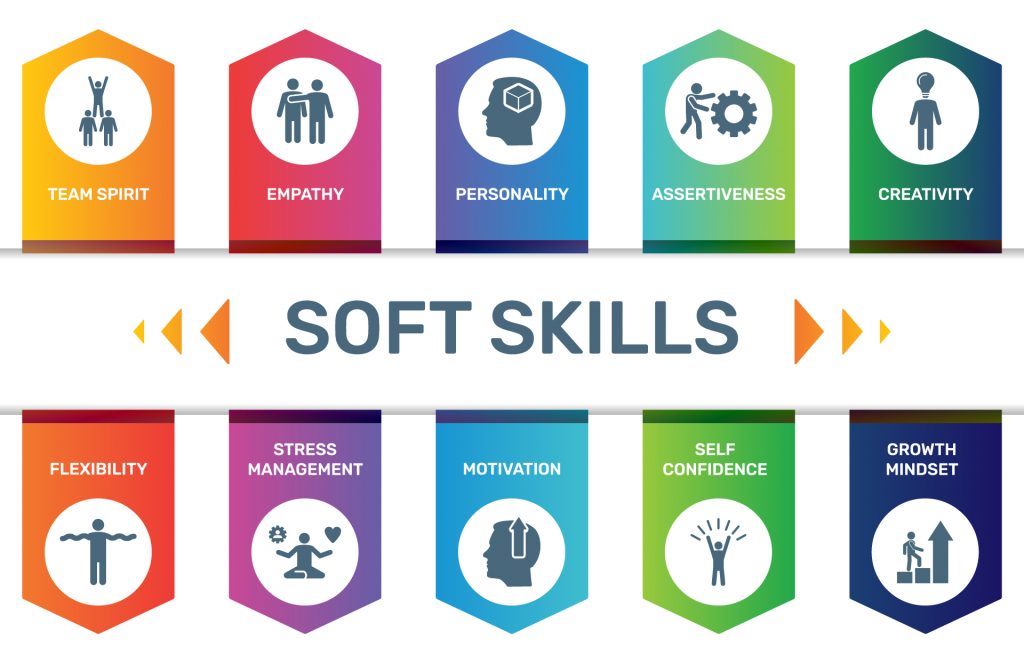Staff retention is a big problem and the professional services sector is not immune. Far from it!
Professional services firms, such as accountants, solicitors, insolvency practitioners, surveyors and architects, sell knowledge and expertise. How successful they are is dependent on the quality of that knowledge and expertise. The loss of productive, highly skilled, experienced, chargeable people is therefore costly as their knowledge leaves with them.
The shortage of good people in the market is compounding this problem. It is driving up salaries (and no doubt recruitment costs!) and leading to the constant threat of predatory competitors actively trying to poach your best people.
The solution is all about great leadership, great management and developing strategies that focus on the challenge.
How do we stop the exodus of talent?
Throwing money at the problem may alleviate some pressure in the short term, but these quick fixes rarely, if ever, achieve long term value. Filling posts with unsuitable candidates (I’ll take whatever I can get) also leads to the same poor results.
It is all about great leadership, great management and developing strategies that focus on the challenge.
The best talent has skills but also the right attitude – commitment, loyalty, drive and determination. They are also motivated, enthusiastic and resilient; willing to dig deep when needed. Money alone will not secure these positive attitudes. Think about it: what use are skills if a person is unwilling to use them!
There is no substitute for keeping things simple. Start with the basics:
- Recognise the world has changed and you can no longer use and abuse your people. You may think you are doing enough but the acid test is if they think you are doing enough. You have to check and be willing to see it from their perspective.
- Give them a voice. Start to trust in your people. Allow them to share their ideas, contribute to major decisions, and be directly involved in shaping their own destiny. Far too many important decisions are still taken behind closed doors, excluding the valuable skills, knowledge and expertise of the talent you want to nurture!
- Make sure that there is a positive alignment between the goals of the firm and the individual goals of each person in the team. Good people have ambitions as well and if the firm’s goals get in the way of them being achieved, you risk them leaving to find a better fit elsewhere.
- Be concerned about their welfare. It is easy to focus beyond the constant pressure to generate income, but you have to be mindful of the impact that these demands have on your team. It is not good enough to say “that is just the way it is, we all have to dig deep”.
- Create a sense of belonging. Most of us want to feel part of something special. Something we are proud of, believe in and which gives us a sense of purpose. Without this sense of team spirit and camaraderie, it is just a job and therefore there is no emotional bond or loyalty.
- Create a great place for people to work. As my good friend Anthony Smith at Progression Solicitors recently reminded me, job satisfaction is achieved as much by where you ask them to work and the tools you equip them with, as it is by what you ask people to do.
But how do we bring all this about?
It is time to adapt your firm’s approach to leadership & management!
I accept the above seems like common sense. But time and again, I see approaches to leadership and management that fail to engage and empower people. In fact, far too often they do the exact opposite. If talent is valuable, it makes no sense to drive it out of the door!
The starting point is to:
- recognise the need for change. This may involve changes to systems, processes, culture and, importantly, the way that people are being led and managed. Great leaders create conditions that engage and empower people and keep them committed and enthusiastic.
- Ask tough questions – do the right conditions exist and if they don’t why not? This can be an uncomfortable process but great leaders lead with humility and through self-awareness and a willingness to challenge the way they work and think. Simply blaming others or circumstances isn’t strategic!
- Communicate, communicate, communicate. Shared goals, purpose, collaboration, motivation, empowerment, trust, loyalty can only be achieved through great communication.
Ask yourself: is your firm doing all it can to nurture and retain its good people?
What do I need to do now?
It is time to plan! To develop a strategy (the “how-to”) along with the commitment and determination to make it happen.
Action speaks louder than words (or nice sentiments). If you are struggling to recruit and retain good people then it is time to:
- Find out what is and isn’t working well. Do more of what is working and stop doing what isn’t!
- Put in place processes and ways of working that foster collaboration, invest in learning and development, build team spirit, and give people that sense of belonging.
- Invest in management & leadership training to ensure those that there are the skills, knowledge and expertise needed to create the positive conditions I talk about.
- Develop a culture (the way we do it here) that nurtures and values talent and loyalty and builds trust. This is a two-way street. Lead by example and always walk the talk. Saying you care means nothing if everything you do says otherwise!
Above all, make sure that everything you do in steps (i)-(iv) involves your valuable people at every stage. If they are part of the process of shaping the future they are more likely to want to be part of that future. They will feel that personal emotional connection that fosters the commitment and loyalty that you seek.
Do I need help to make all this happen?
We know that for many firms asking the tough questions is a real challenge. There is never enough time and the fear of conflict and disagreements are ever-present. That is where we come in as we exist to aid our clients to overcome these challenges. And we do so with passion, enthusiasm and a dogged determination to succeed!
And here’s how:
Support: Systems, processes and information needed to develop and evaluate stratic plans
Develop: The skills and knowledge they need to successfully implement new ways of working that promote great results from their people and teams
Empower: Mindset, self-awareness and self-confidence to identify and respond effectively to the strategic challenges they face (including recruiting and retaining good people) today and tomorrow.
But importantly, we do not want your firm to become reliant on Lunesdale. Instead, everything we do makes your firm and its leaders and managers more self-reliant and resilient. That way you have the tools you need to spot and retain talent and get the best from your most valuable resource – your people!
For questions and more information about our blog, please email Jonathan at [email protected].


